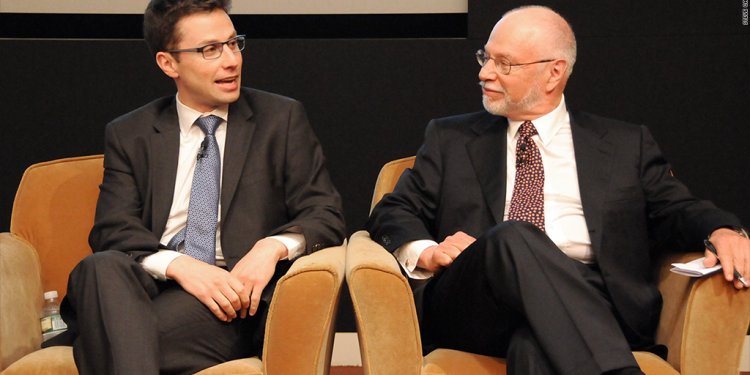
Burma Shave meme
To add to the confusion, today's world has seen an unprecedented multiplication and proliferation of memes, with mass media becoming the preeminent transmission vector. A few of these memes tend to be devised with rational ends, including advertising customer products; others tend to be developed entirely as play; other individuals tend to be "junk" memes. Hula hoops, the Burma Shave billboards of the 1950s, the slogan "almost always there is area for Jell-O, " the synthesizer intro on 1984 song "Jump" by Van Halen, and/or three-note "by Men-nen" jingle, while not good to those they infect, are superb instances. The Internet specifically is a virtual memetic petri dish, with instances such as the absurd expression "your base are are part of united states" (from a badly translated 1988 Japanese video game known as Zero Wing) spontaneously arising on discussion boards in 2000, distributing from mind to mind via the ether and then dissipating, maybe not unlike an especially virulent illness burning its way through the populace.
Hence the idea of memetic engineering is made up not just in choosing which memes becoming influenced by but additionally in counterpropaganda and countersloganeering built to purge from the meme share those tips considered deleterious to society at large. The essential component in memetic engineering is belief in human explanation to discern probably the most advantageous memes. Dawkins himself expressed a secular humanist optimism as he blogged, "We, alone in the world, can rebel from the tyranny of selfish replicators" (p. 201). (Of course, from another viewpoint, this might be regarded as merely another Darwinian battle, with all the meme for "secular humanism" trying to crush its rival for mindshare, the meme for "theocracy.")
One example for the deployment for this idea is the activist Andrew Boyd's Billionaires for Bush (or Gore) promotion, which used the ironic, parodical picture associated with the superwealthy taking into the streets to get their prospects so that you can "piggyback" on main-stream media protection regarding the 2000 U.S. presidential election and therefore call awareness of personal problems neglected by the applicants. The idea of memetic manufacturing had been both popularized and taken up to its logical end by the 1992 science fiction book Snow Crash by Neal Stephenson. Although actual term meme never occurs in book, the land makes obvious mention of Dawkins's work. The name, for instance, refers to an integral element in the guide's plot, a literal "mind virus" modeled after a computer virus this is certainly capable of destroying a user's head through just being seen on a computer screen. The quality requires a clay tablet from ancient Mesopotamia, which are taped syllables in an ancestral ur-language (similar to some ideas associated with "deep structure" of language popularized by Noam Chomsky yet others) that will program human beings, like robots, into carrying out tasks for people who learn how to wield the ability. is often mentioned in meme circles for instance of this energy of memes taken fully to the nth level.

















